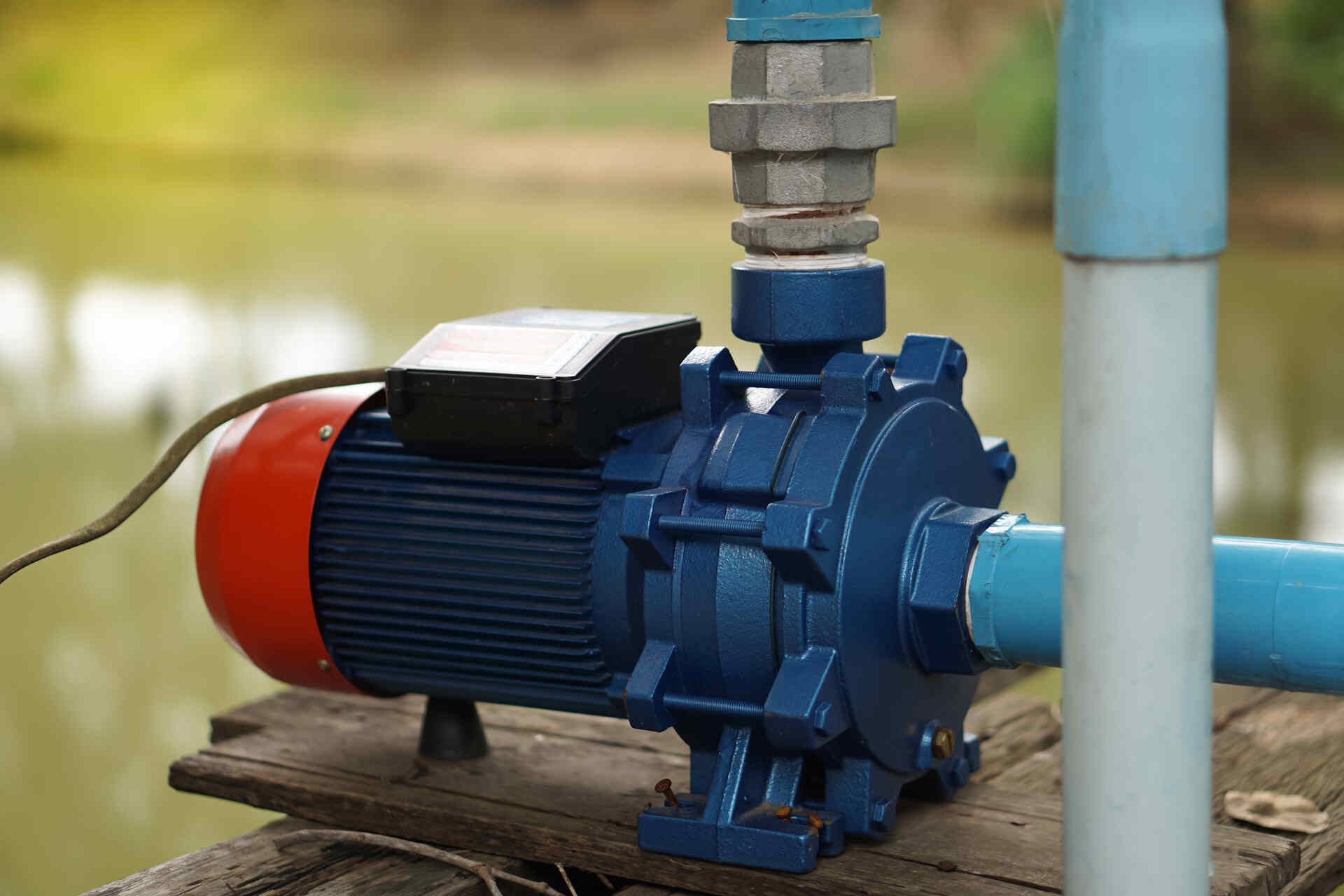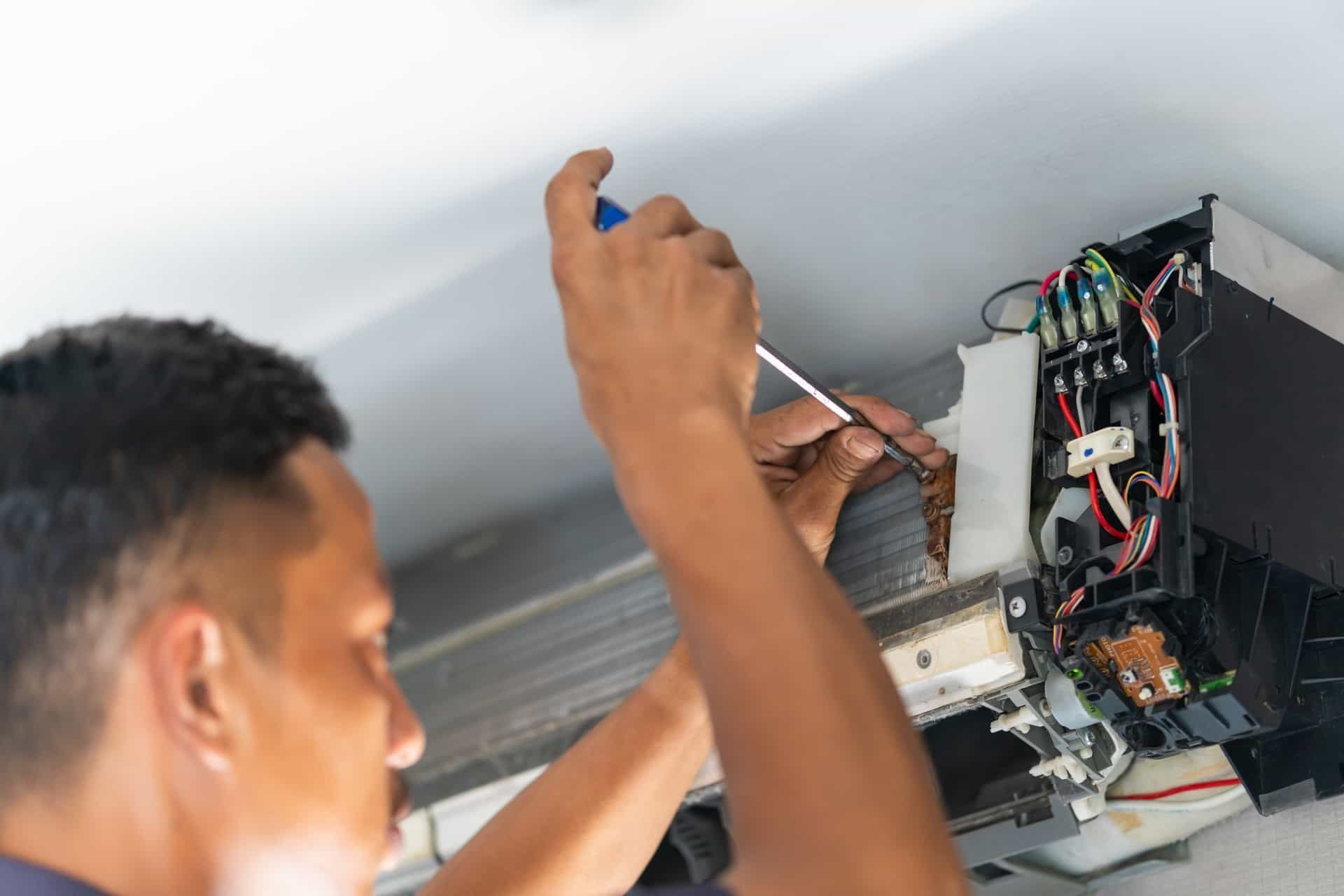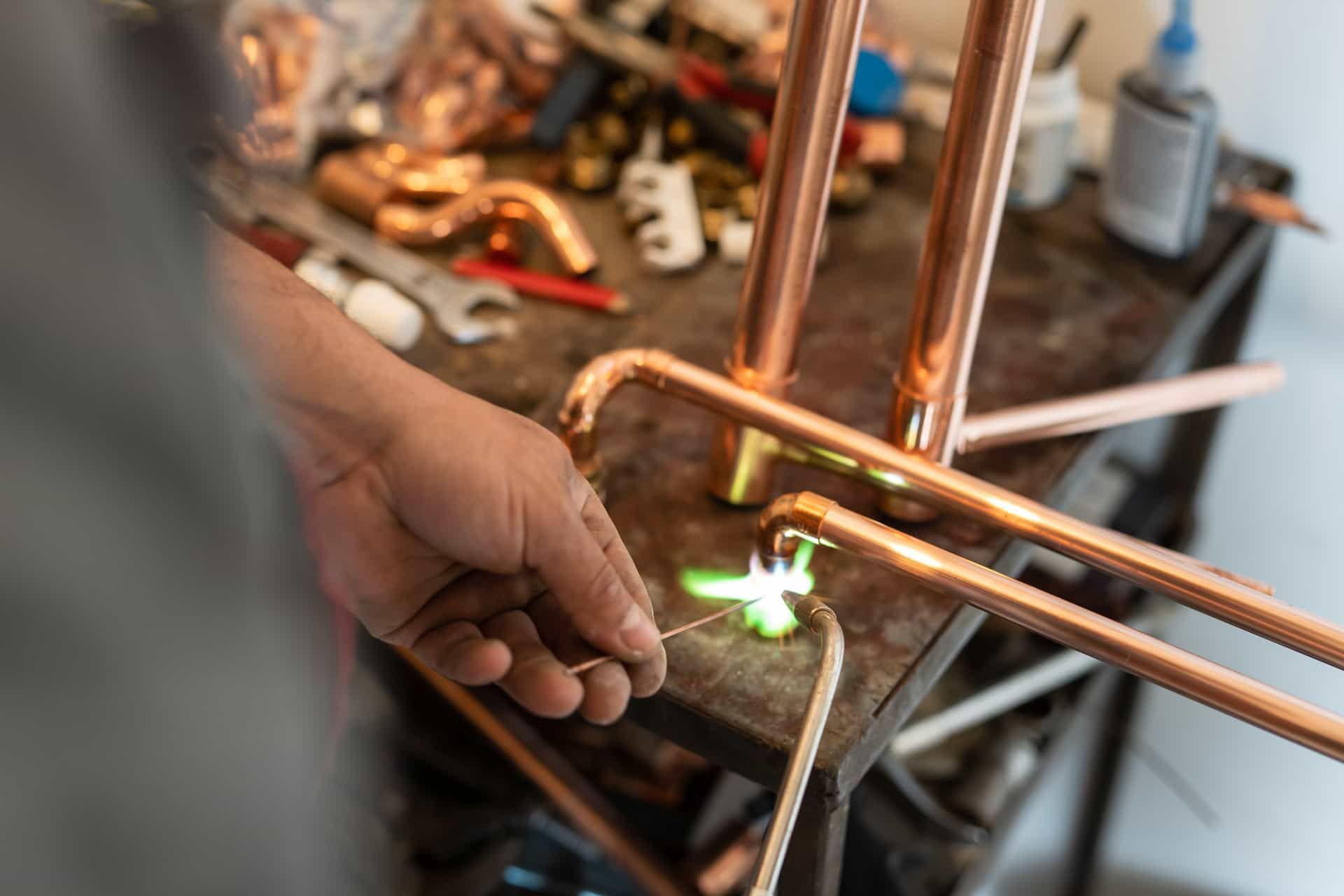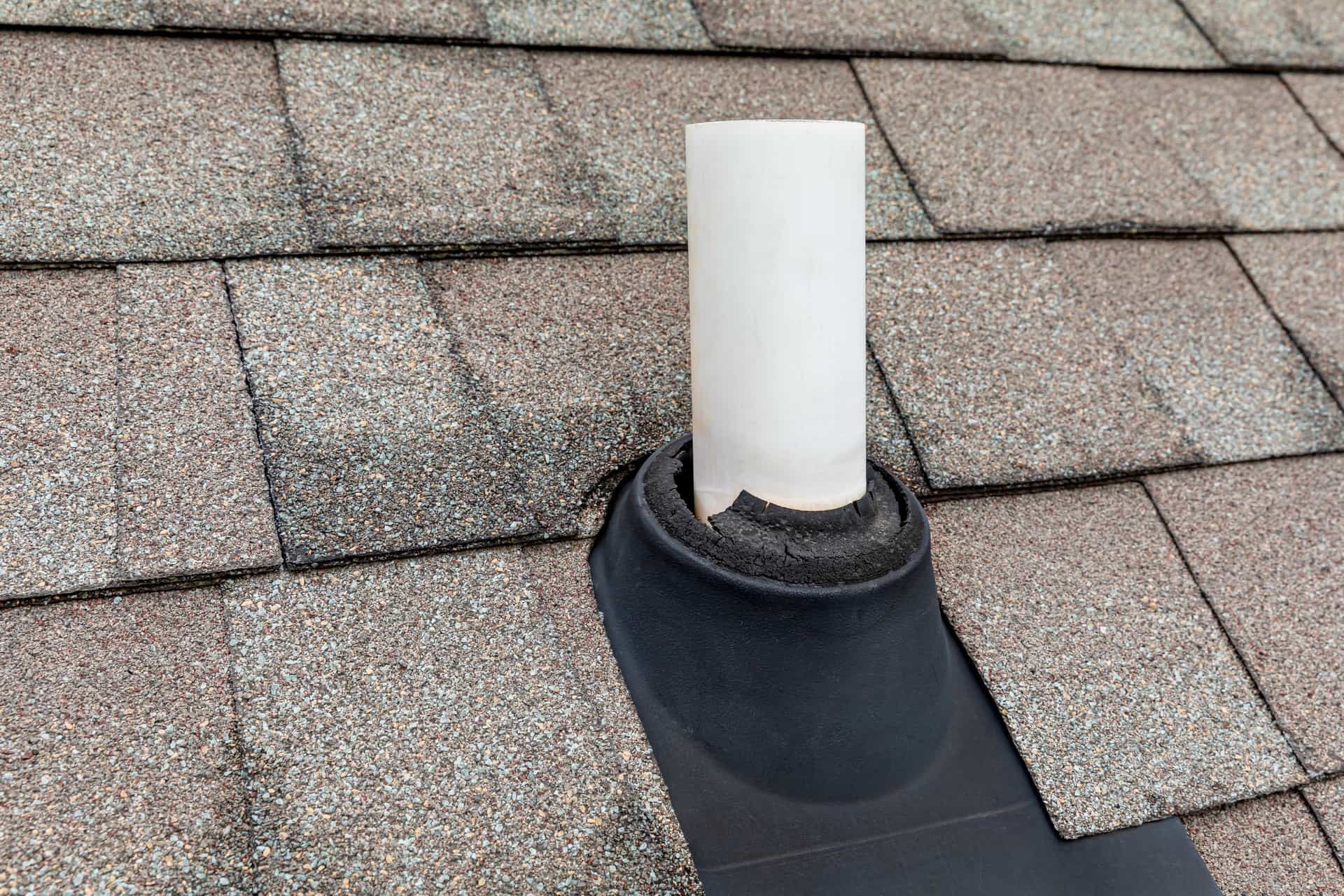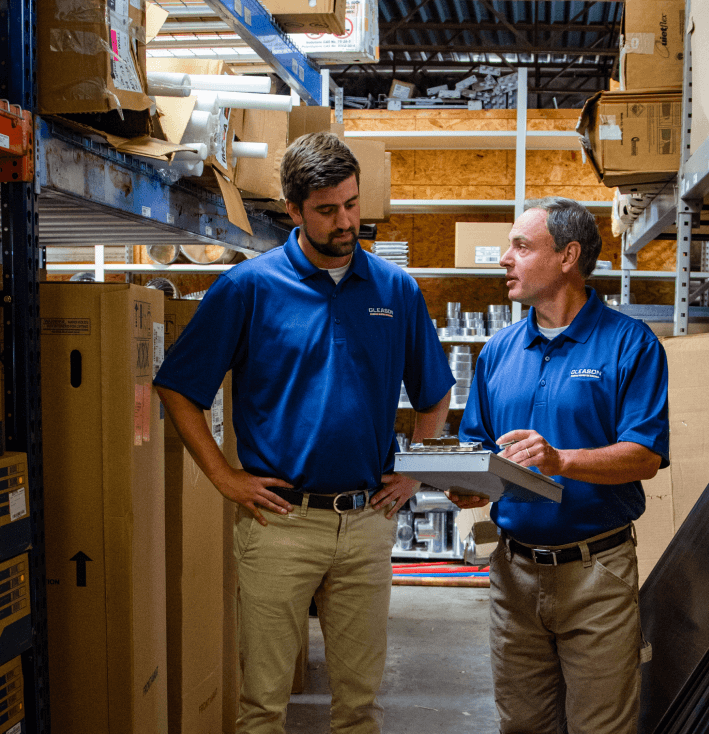Articles
HVAC Contractor Tips and Articles For Your Home
How To Maximize Energy Efficiency with Heating Systems in Wauconda?
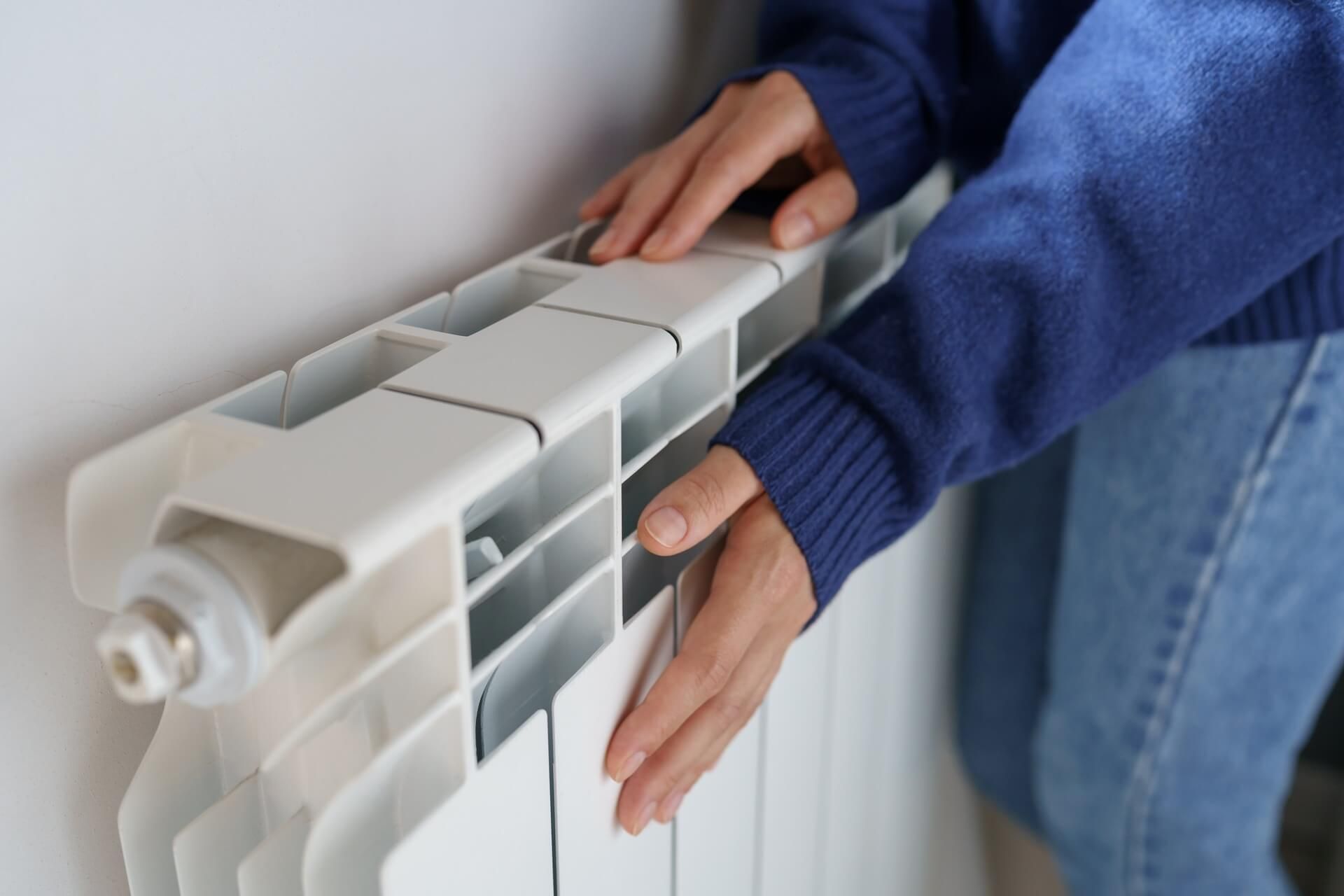
Wauconda residents are gearing up to keep their homes warm and cozy as winter approaches. However, with the rising energy costs and environmental concerns, it's crucial to find ways to enhance energy efficiency in our heating systems. This comprehensive guide will explore strategies for optimizing energy efficiency in Wauconda's heating systems, ensuring you stay comfortable while reducing costs and your environmental footprint.
The body content of your post goes here. To edit this text, click on it and delete this default text and start typing your own or paste your own from a different source.
Understanding the Significance of Energy Efficiency
Energy efficiency is more than just a buzzword for Wauconda homeowners. It's a way to reduce utility expenses and lower greenhouse gas emissions and environmental harm.
By taking control of your heating system's energy efficiency, you can effectively manage your energy usage and contribute to a sustainable future. Moreover, enhancing energy efficiency can improve air quality and comfort while extending the lifespan of your heating equipment.
Top 10 Proven Tips for Enhancing Energy Efficiency
1. Upgrade to High-Efficiency Heating Systems
One of the methods to enhance energy efficiency in your home is by investing in modern high-efficiency heating systems. Consider replacing furnaces or boilers with ENERGY STAR-certified models that employ advanced technology to reduce energy consumption.
Highly efficient heating systems operate effectively, turning fuel or electricity into heat, which helps reduce waste and cut down on utility costs.
2. Enhance Heating System Controls
Make the most of advanced heating system controls and features to optimize energy consumption and enhance comfort levels.
Programmable thermostats enable you to create heating schedules based on your habits, ensuring that your house is heated only when necessary. Smart thermostats take it a step further by adapting to your preferences and automatically adjusting settings for energy efficiency.
By managing heating cycles and temperatures, you can decrease energy wastage and trim down heating expenses while maintaining a comfortable and healthy home environment.
3. Maintain Heating System Care
Regular maintenance is crucial to ensure your heating system operates smoothly and efficiently. Tune up with a certified HVAC professional to guarantee that your heating equipment remains clean, well-lubricated, and performing at its best. Routine maintenance activities may involve:
- Cleaning or replacing air filters.
- Examining ductwork for leaks or blockages.
- Checking for any signs of wear or damage in the heating components.
By addressing issues and sustaining optimal system performance, you can prevent costly repairs while extending the lifespan of your heating equipment.
4. Fix Air Leaks and Enhance Insulation
Air leaks and insufficient Insulation can lead to energy loss and reduced efficiency in keeping your home warm.
Ensure to check for areas where warm air might be escaping or cold air could get in, like around windows, doors, attic openings, and utility passages.
Fill in gaps, cracks, or openings using weatherstripping, caulk, or foam sealant to stop air leaks and boost energy efficiency. Also, ensure your home is well insulated in attics, walls, and floors to reduce heat loss and maintain an indoor temperature.
5. Improve Air Circulation
Ventilation and airflow are crucial for maintaining indoor air quality and ensuring your heating system works efficiently. Check that vents and air filters are clear of obstructions and debris to allow airflow throughout your house.
Replace air filters to prevent blockages that can strain the heating system and lower efficiency. Consider installing energy recovery ventilators (ERVs) or heat recovery ventilators (HRVs) to enhance air quality by exchanging indoor air with fresh outdoor air while minimizing energy loss.
6. Use Zoning Systems for Temperature Control
Zoned heating systems let you divide your home into temperature zones to adjust heating levels independently in each area. This way, you can customize comfort settings based on occupancy patterns and personal preferences without wasting energy on heating spaces.
By dividing your heating system into zones, you can maximize energy usage and lower heating expenses. Improve comfort and control. Programmable or smart thermostats can also enhance temperature regulation by adjusting settings based on occupancy and activity levels, ensuring heating across your home.
7. Incorporate Passive Solar Heating Techniques
Use heating techniques to harness free renewable energy from the sun and reduce dependence on mechanical heating systems. Optimize natural sunlight exposure by positioning windows and skylights on south-facing walls to capture warmth during winter.
Utilize mass materials like floors or masonry walls to absorb and retain heat during the day, releasing it gradually to supplement nighttime heating requirements. Implementing design principles can boost energy efficiency and comfort while reducing long-term heating expenses.
8. Enhance Insulation in Key Areas
Upgrade Insulation in areas of your home to minimize heat loss and enhance energy efficiency. Focus on improving Insulation in attics, crawl spaces, and exterior walls where most heat transfer occurs.
For resistance and air sealing properties, consider switching to high-performance insulation materials such as spray foam, rigid foam board, or blown-in cellulose.
Proper Insulation not only helps lower the need for heating but also contributes to keeping temperatures consistent and enhancing overall comfort year-round.
9. Invest in Energy-Efficient Windows and Doors
Upgrade to energy windows and doors to reduce heat loss and improve insulation in your home. Opt for windows and doors certified by ENERGY STAR, including emissivity (Low E) glass panes, insulated frames, and weatherstripping for better thermal performance and air sealing.
Consider installing double or glazed windows with gas-filled chambers to enhance energy efficiency by minimizing heat transfer. By sealing air leaks around windows and doors and improving insulation, you can reduce heating expenses while boosting comfort levels and enhancing your home's energy efficiency.
10. Implement Energy-Saving Practices
Incorporate energy-saving habits into your routine to complement your heating system and maximize energy efficiency at home. Adjust your thermostat to temperatures when you're not home or asleep to save on heating costs and conserve energy.
Dress warmly with layers of clothing or blankets to stay cozy without relying on heating. Use ceiling fans on a setting to help circulate air effectively throughout your living space, distributing heat evenly and reducing the need for constant heating systems.
Furthermore, it's essential to ensure furniture or drapes, like radiators or vents, don't block heat sources. This can disrupt airflow and make heating less effective. Following these energy-saving tips in your routine can reduce energy use, save on heating expenses, and reduce your environmental impact.
In conclusion
Enhancing energy efficiency with heating systems in Wauconda benefits homeowners, the environment, and the community. Adopting the suggested practices in this article can lower energy consumption, decrease utility costs, and create a sustainable living space. Each effort toward energy efficiency brings us closer to a more eco-friendly future, and by implementing these changes, you can take pride in your contribution to a greener Wauconda.
To further optimize your heating system's efficiency, consider partnering with Gleason Heating Services in Wauconda, IL. Our experienced technicians can provide expert advice, maintenance, and installation services tailored to your specific needs, ensuring your home remains comfortable while minimizing your environmental impact.
Disclaimer: The information on this website and blog is for general informational purposes only and is not professional advice. We make no guarantees of accuracy or completeness. We disclaim all liability for errors, omissions, or reliance on this content. Always consult a qualified professional for specific guidance.

